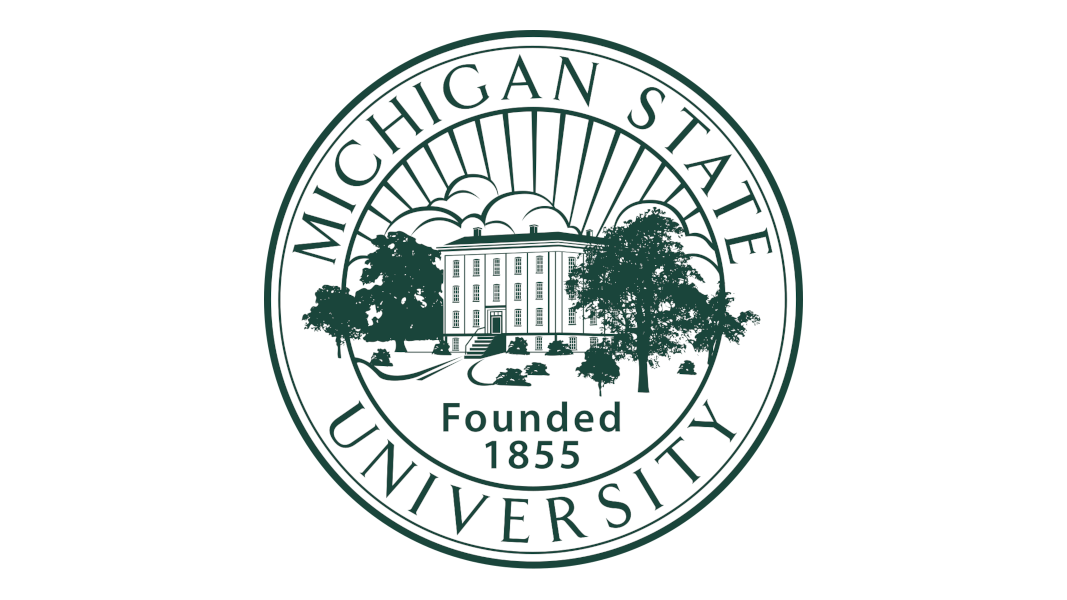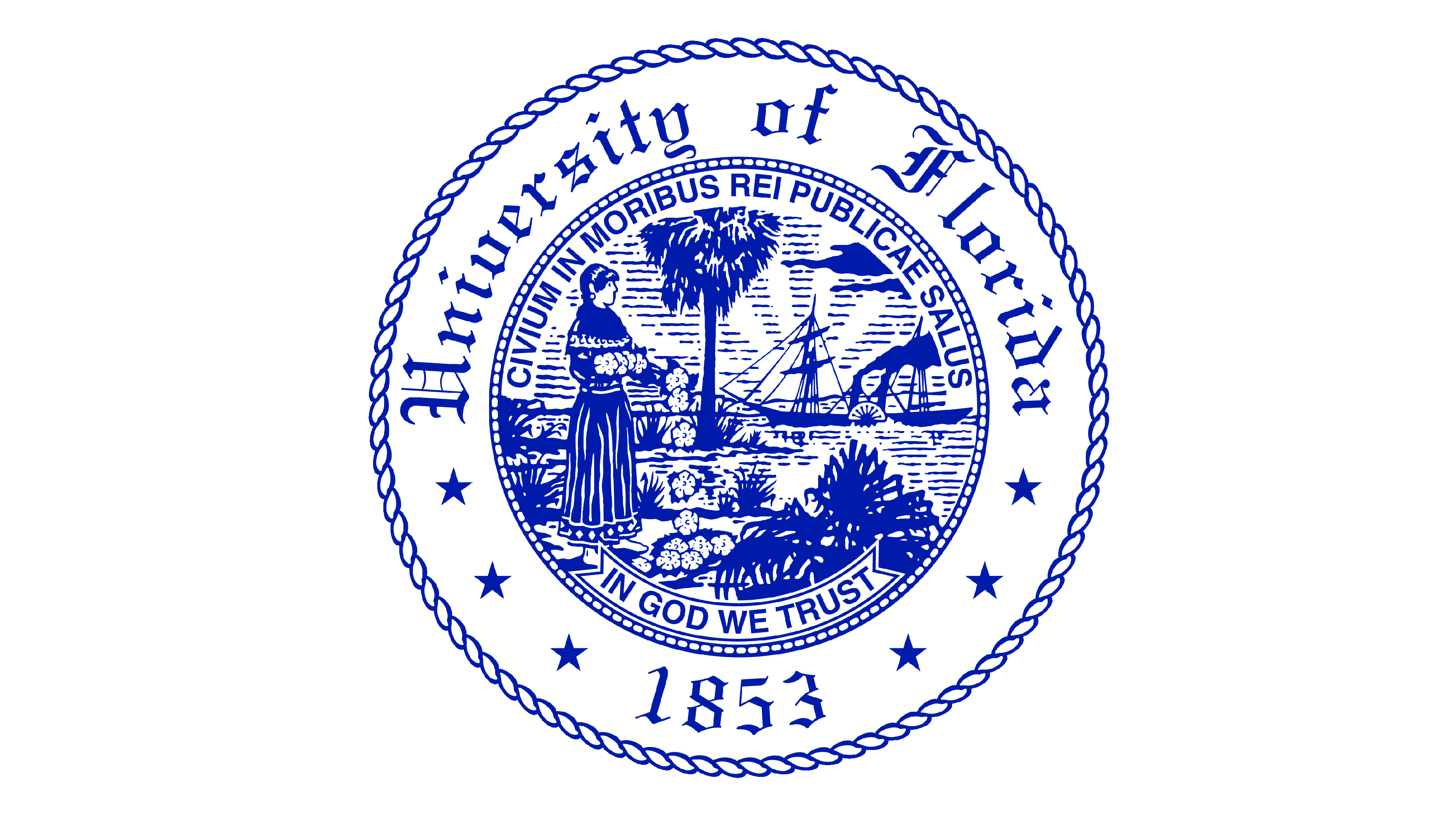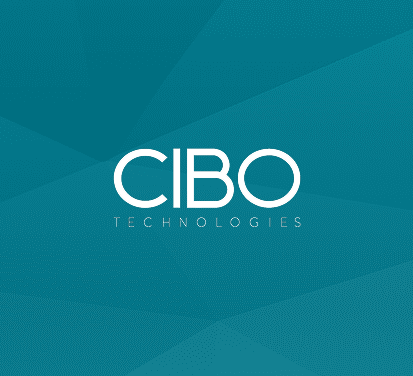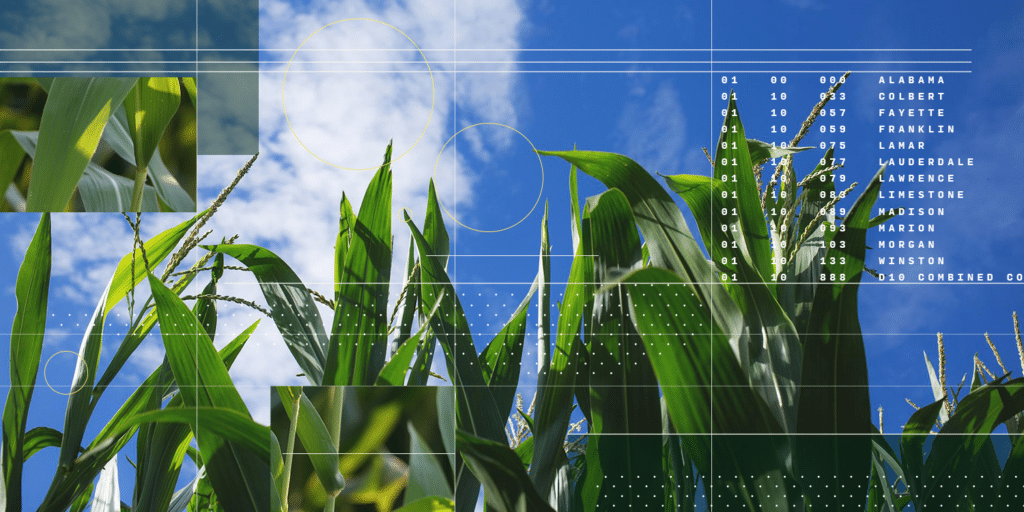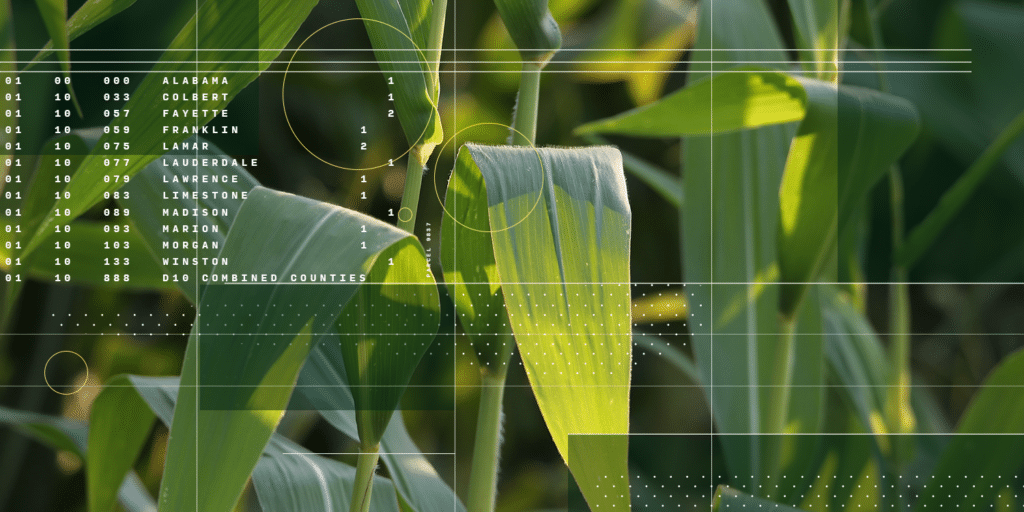The CIBO Model
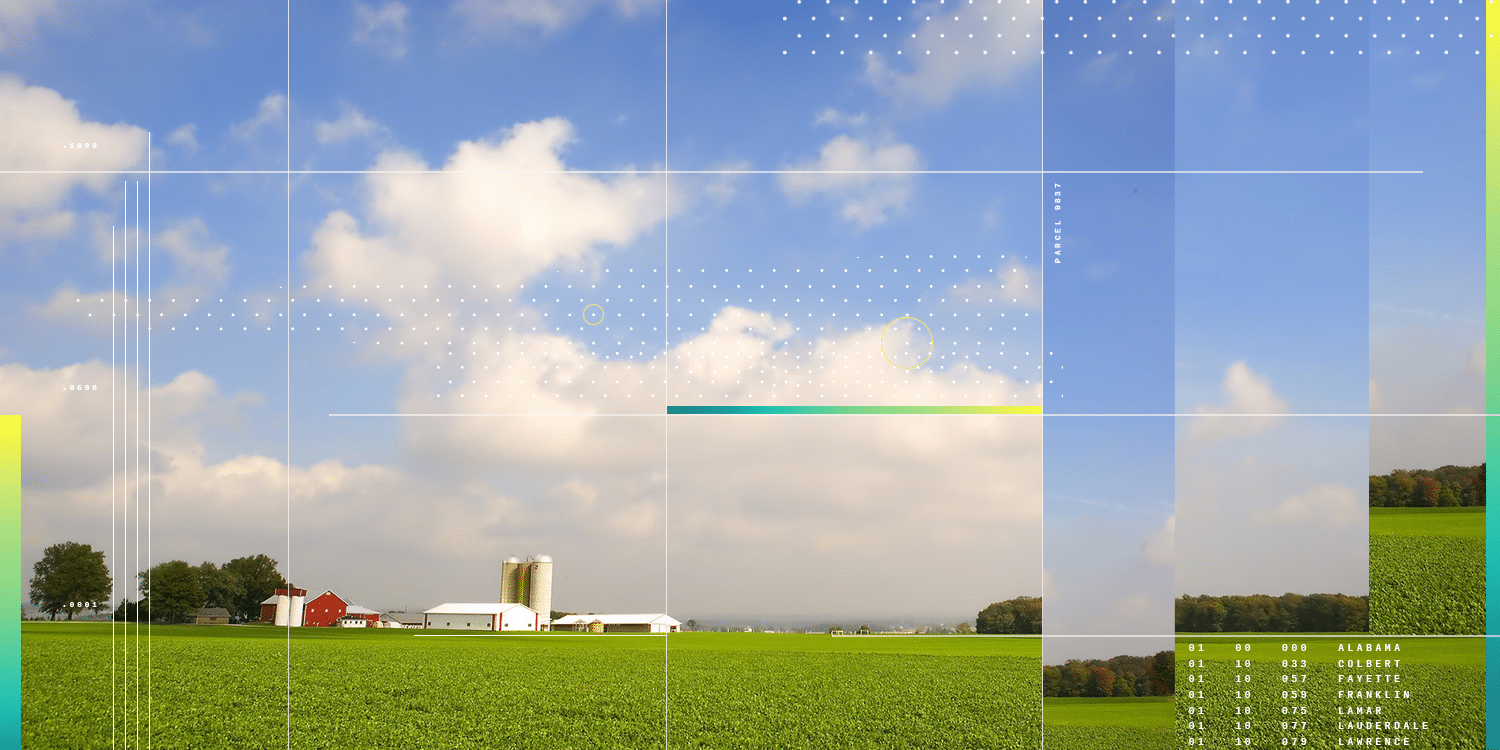
The SALUS Model
The mechanistic crop and environment model that CIBO uses for simulations is called SALUS (system approach for land use sustainability). SALUS is capable of simulating the performance of various crops at many scales to help farmers decide the best management practice to use on their fields. SALUS is able to simulate the effects of crop rotation, land management strategies, and weather on crop growth and yield, soil organic matter, nitrogen dynamics, and heat balance.
The initial version of SALUS was developed at Michigan State University by CIBO co-founder Bruno Basso and has been the subject of 20 years of testing across hundreds of fields in 46 countries, more than 25 PhD dissertations, over 230 peer-reviewed journal articles, and thousands of academic citations. CIBO has an exclusive commercial license to SALUS which it has continuously been improving, expanding to new crops, and scaling to address practical needs of agriculture from subfield to continental scales.

Meet Professor Bruno Basso
CIBO Co-Founder and Chief Scientist Professor Bruno Basso is a world renowned agro-ecosystem scientist and modeler with over 30 years of experience. His academic work has been published over 200 peer reviewed papers with over 15K citations.
- John A. Hannah University Distinguished Professor, Department of Earth and Environmental Sciences and the W.K. Kellogg Biological Station at Michigan State University
- Member of the Board of Agriculture and Natural Resources of the National Academies of Science, Engineering and Medicine
- Member of the Biological and Environmental Research Council of the Office of Science, Department of Energy
- Fellow of the American Association for the Advancement of Science (AAAS)
- Fellow of the Soil Science Society of America (SSSA)
- Fellow American Society of Agronomy (ASA)
- 2016 recipient of the Innovation of the year award,
- 2019 Outstanding Faculty Award at Michigan State University
- 2021 Morgan Stanley Sustainable Solutions Prize
- Advisor to Mr. Al Gore on regenerative agriculture
- Consultant for the United Nation Food and Agriculture Organization
What Do Crop Models Tell Us?
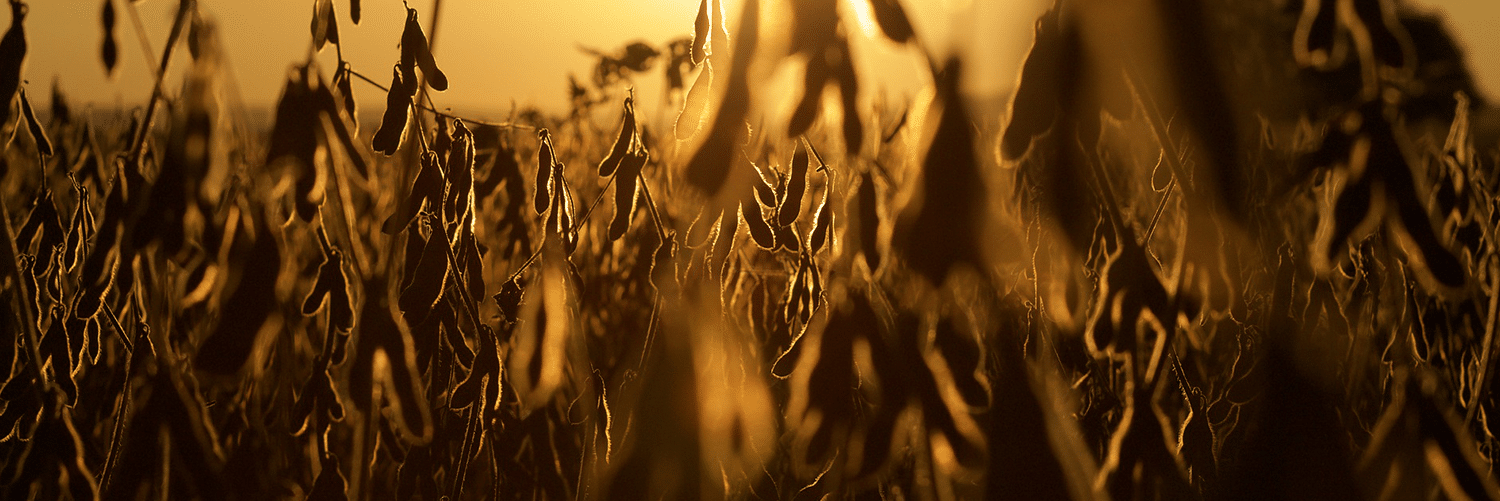
How Does CIBO Model Crop Yield?
Resources
Explore Academic Articles on SALUS
How Technology can Scale Regenerative Agriculture
Scientists Across the US Support CIBO
